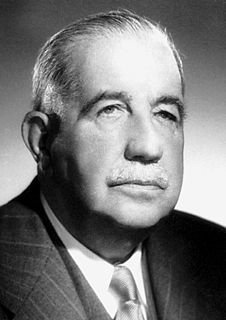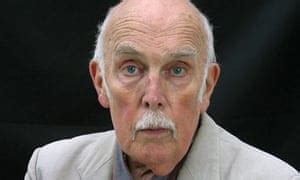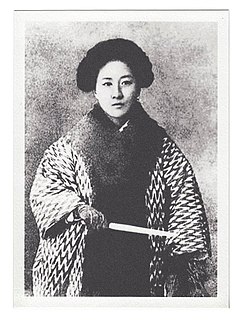A Quote by Gautama Buddha
Those which arise dependently are free of inherent existence.
Related Quotes
Only those are called liberal or free which are concerned with knowledge; those which are concerned with utilitarian ends... are called servile...The question is... can man develop to the full as a functionary and a worker and nothing else; can a full human existence be contained within an exclusively workaday existence? Stated differently and translated back into our terms: is there such a thing as a liberal art?
Private property creates for the individual a sphere in which he is free of the state. It sets limits to the operation of the authoritarian will. It allows other forces to arise side by side with and in opposition to political power. It thus becomes the basis of all those activities that are free from violent interference on the part of the state. It is the soil in which the seeds of freedom are nurtured and in which the autonomy of the individual and ultimately all intellectual and material progress are rooted.
Every new born being indeed comes fresh and blithe into the new existence, and enjoys it as a free gift: but there is, and can be, nothing freely given. It's fresh existence is paid for by the old age and death of a worn out existence which has perished, but which contained the indestructible seed out of which the new existence has arisen: they are one being.
Know that the difficulties which lead to confusion in the question what is the purpose of the Universe or of any of its parts, arise from two causes: first, man has an erroneous idea of himself, and believes that the whole world exists only for his sake; secondly, he is ignorant both about the nature of the sublunary world, and about the Creator's intention to give existence to all beings whose existence is possible, because existence is undoubtedly good.
All men are created equally free and independent, and have certain inherent rights, of which they cannot, by any compact, deprive or divest their posterity; among which are the enjoyment of life and liberty, with the means of acquiring and possessing property, and pursuing the obtaining of happiness and safety.
There are some despotic governments so filled with a feeling of insecurity that they regard the free life of culture as a threat to their existence. ... On the other extreme is the kind of popular government which is so distrustful of all forms of distinction that it sees even in the cultivated individual a menace to its existence. Such states are likely to maintain a pressure which discourages cultural endeavor, although the pressure may be exerted through social channels.






























